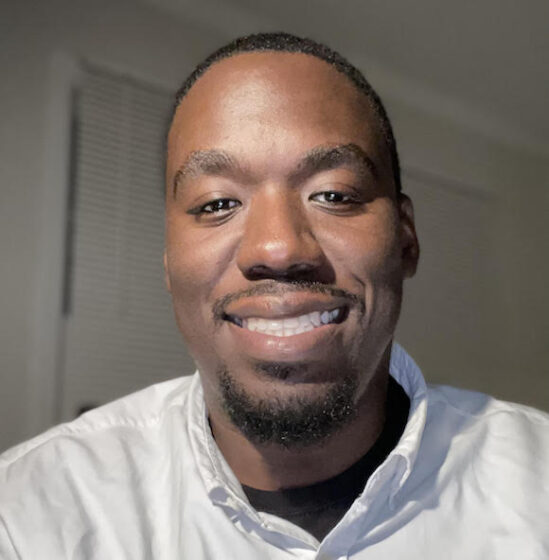Justin Hosbey joins CED as assistant professor of City & Regional Planning

Justin Hosbey, Ph.D. is a cultural anthropologist who joins CED from Emory University, where he has been Assistant Professor in the Department of Anthropology since 2018.
Dr. Hosbey’s ethnographic research explores Black social and cultural life in the U.S. Gulf Coast and Mississippi Delta regions, focusing on the ways these communities articulate modes of citizenship that interrupt racial capitalism and environmental precarity.
Utilizing research methods from the digital and spatial humanities, Hoseby studies the impact of educational privatization on marginalized individuals, pursued environmental and ecological goals, and envisioned responses to the historical domination of local economies by the petrochemical industry.
In post-Katrina New Orleans, Hosbey analyzed the school reform that transformed many of the city’s public schools into charter schools. Hosbey’s nearly-completed book, “We Don’t Do the Recovery School District: Education, Place, and Ecology in Black New Orleans,” addresses how traditional public school closings, mass firings of teachers, and the proliferation of charter schools affected Black communities through increased neighborhood depopulation, gun violence, and gentrification.
His new fieldwork looks more broadly at the racially disproportionate impacts of climate change. His nascent “Black Ecologies Initiative” with collaborator J.T. Roane explores the ecological configurations, such as the links between water and urbanization, that de-privilege vulnerable people. Through their work, Hosbey and Roane have studied how Black Americans understand and respond to their precarious position in light of climate-forced disasters and other climate change impacts.
Hosbey has been highly engaged in university and professional service. He is a member of the editorial board of Cultural Anthropology (2022-25) and also served on the editorial board of the African American Intellectual History Society (2018-2020), an organization that encourages scholarly dialogue about Black thought.
A passionate educator, Hosbey welcomes the position with DCRP as an opportunity to teach students who will eventually become planners. “My hope is that the courses I teach and the intellectual conversations I lead will inform their professional practice and contribute to improving the material conditions of marginalized communities.”
In stretching his transformative research in Black critical scholarship and Environmental Justice beyond disciplinary boundaries, Hosbey will propel DCRP in urgent and compelling new directions.